 |

|
 |
Short Biographies
|
Martin Andler teaches mathematics at the University of Versailles
Saint-Quentin; he has held visiting positions at MIT and Rutgers
University. His research focuses on two main areas: representation
theory of Lie groups, and the history of 20th century mathematics.
He is the chairman of Animath,
a French organisation promoting mathematics for kids. |
 |
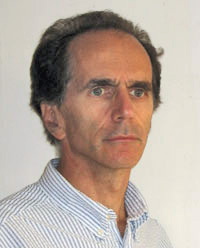 |
 |
 |
 |
Kai-Uwe Bux is a professor of mathematics at University of
Bielefeld, Germany. He obtained his PhD from Goethe University
Frankfurt in 1998. Kai-Uwe is engaged in topology, geometry, and
algebra, with a focus on geometric group theory. Among others, he
studies arithmetic groups, groups of (outer) automorphisms of free
groups or mapping class groups of surfaces, Thompson's groups, and
many others. |
 |
|
John H. Conway is one of the most prolific mathematicians,
currently a professor at Princeton University, John von Neumann
Distinguished Professor emeritus, and Gorenstein Distinguished
Professor at Queens College, New York. He is probably best known
for the "Game of Life" that he invented, but there are many areas
of his work that he likes much better, for instance "combinatorial
game theory" (that was developed in partial collaboration with
Elwyn Berlekam and Richard Guy): a very natural and simple
definition that leads to a class of games with incredibly rich
structure, including the now-famous "surreal numbers." He has made
substantial contributions to many other areas of mathematics, such
as Group Theory, Knot Theory, Number Theory, and Combinatorial Game
Theory; his Erdőos number equals one. John Conway greatly enjoys
spending time with students. In 2015, on graduation day, he
received an Honorary Doctorate from Jacobs University. |
 |
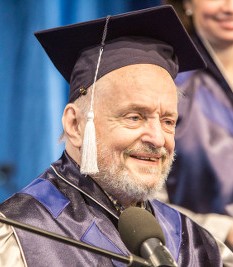 |
 |
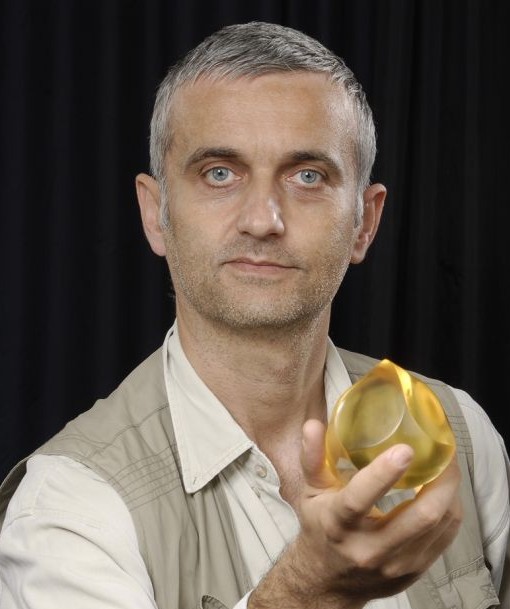 |
 |
Gábor Domokos is a professor at Budapest University of Technology
and Economics and an adjunct professor at Cornell University. He
obtained his PhD in 1989, and habilitation in 1997, both from the
Hungarian Academy of Sciences. Later in 2004 he became the youngest
member of the Academy. His main field of research lies in the
intersection of applied mathematics and engineering. Domokos is
famous for solving Vladimir Arnold's conjecture, namely, by finding
a convex body, which is now called gömböc (from hungarian
"gömb"—sphere), that has exactly two equilibrium points, one is
stable and the other is unstable. Existance of such a body was
conjectured by Arnold in 1995. |
 |
|
TBA |
 |
 |
 |
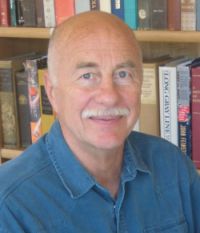 |
 |
Theodore (Ted) P. Hill is a Professor Emeritus at Georgia Institute
of Technology. He got his PhD from the University of California at
Berkeley in 1977. Ted is known for his research on mathematical
probability theory, in particular for his work on Benford's law and
the theories of optimal stopping and fair division. For example, in
his recognized work on Benford's law Hill gave a mathematical
explanation of the striking empirical fact (which was first
observed by physicist Frank Benford in 1938) that the first
significant digit in many naturally occurring collections of
numbers is likely to be small. |
 |
|
Marc-Thorsten Hütt is Professor of Computational Systems Biology at
Jacobs University Bremen. He does a cutting-edge research on
correlations in biological systems on very different scales,
ranging from genomes to interacting cells. Why do biological
systems tend to self-organization, as, for example, in dense human
crows, swamps of fish, and even during DNA formation? Hütt and his
research group at Jacobs make successful attacks on these
challenging real-life questions using tools provided by the methods
from nonlinear dynamics and information theory. |
 |
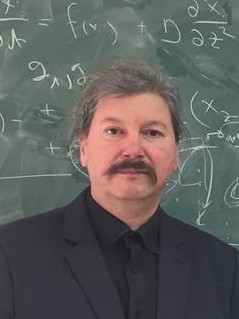 |
 |
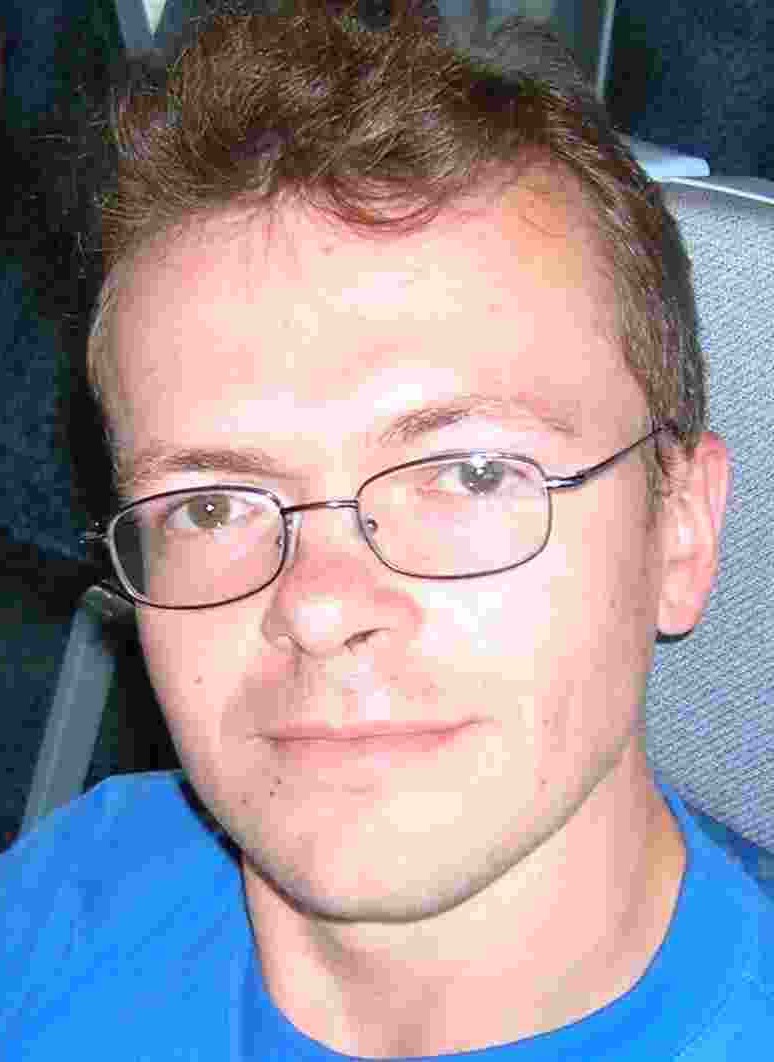 |
 |
Ivan Izmestiev obtained his docatorate in 2001 from Lomonosov
Moscow State University with the thesis about toric actions on
manifolds. Now he is an assistant professor at the University of
Fribourg, Switzerland. By his own confession, he is "interested in
beautiful mathematical ideas and problems in any domain, with a
focus on geometry, topology, and combinatorics". Apart from
theoretical results on various questions in geometry, Izmestiev
worked on some problems in discrete differential geometry and
rigidity. |
 |
|
Victor Kleptsyn is a researcher at CNRS, in the Institute of
Mathematical Research of Rennes. His working themes are mainly
Dynamical Systems and Geometry. His belief is that most arguments,
theorems, and proofs in the mathematics should be visual, and
easily explicable, at least on the "why should it be true" level of
explanation. |
 |
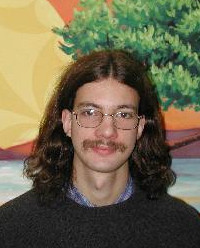 |
 |
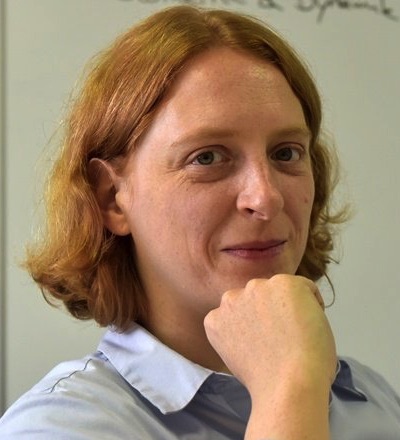 |
 |
Anke Pohl received her PhD from the University of Paderborn in
2009, and obtained a habilitation in 2016 in Göttingen. In 2016 she
was appointed as a Professor of Mathematics at the University of
Jena, Germany. Her wide research interests include, among others,
such topics as quantum chaos, dynamical systems, ergodic theory,
analytic number theory, and analysis. With her thesis she made a
substantial contribution to understanding of the interplay between
dynamics (symbolic dynamics and geodesic flows) and geometry (the
theory of orbifolds)—something that can be easily comprehended, for
example, by observing how billiard balls move around the
table. |
 |
|
Dierk Schleicher is professor of mathematics at Jacobs University
Bremen. He obtained his PhD at Cornell University, NY, and held
visiting positions in Berkeley, Stony Brook, Paris, Toronto, and
München. His main research interests are in Dynamical Systems and
Chaos, especially in Holomorphic Dynamics and the Mandelbrot set,
and the dynamics of Newton's root-finding method. He was one of the
main organizers of the 50th International Mathematical Olympiad
(IMO) 2009 in Bremen. |
 |
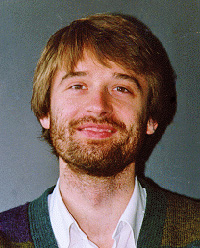 |
 |
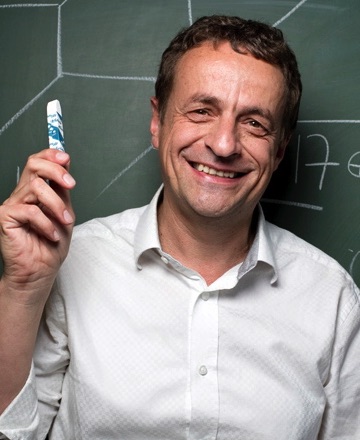 |
 |
Bernd Sturmfels received doctoral degrees in Mathematics in 1987
from the University of Washington, Seattle, USA, and the Technical
University Darmstadt, Germany. He joined University of California
at Berkeley in 1995, where he is Professor of Mathematics,
Statistics and Computer Science. Since 2017 he is a director at the
Max-Planck Institute for Mathematics, Leipzig. Among his numerous
honors Sloan Fellowship and a Clay Senior Scholarship. He served as
a Vice President of the American Mathematical Society, and he was
awarded an honorary doctorate from Goethe University Frankfurt in
2015. A leading experimentalist among mathematicians, Sturmfels has
authored ten books and 240 research articles, in the areas of
combinatorics, algebraic geometry, symbolic computation and their
applications. He is also known for his works in computational
biology, where he studied mathematical models of genes'
evolution. |
 |
|
Yuri B. Suris is a professor of mathematics at Technische
Universität Berlin. He works at the cross-road of discrete
differential geometry and integrable dynamical systems. His most
cited book "Discrete Differential Geometry" (written together with
Alexander Bobenko from TU Berlin) sums up recent developments on
two nicely related subjects: discrete differential geometry, where
classical notions like special surfaces in the Euclidean or
projective 3-space are replaced by discrete versions, and discrete
integrable systems, where completely integrable PDEs, like those
coming from mechanics, are discretized in a way which preserves
their "integrable" character. |
 |
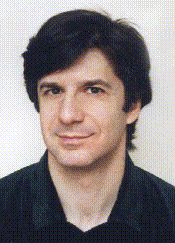 |
 |
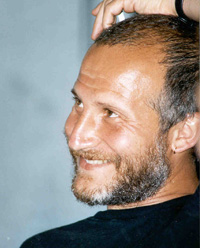 |
 |
Sergei Tabachnikov is a professor of mathematics at Penn State
University and is the Director of the MASS (Mathematics Advanced
Study Semesters) program at Penn State. His research interests
include Geometry, Topology, and Dynamical Systems; one of his
favorite topics is mathematical billiards. In 2013-2015, he is
serving as the Deputy Director of ICERM (Institute for
Computational and Experimental Mathematics) at Brown University. He
(co)authored several books, including Mathematical Omnibus,
a collection of 30 lectures on classical mathematics. In 1988-1990,
Sergei headed the mathematical section of Kvant (Quantum)
magazine, a Russian monthly on physics and mathematics for high
school and college students. |
 |
|
Rebecca Waldecker is a professor at the Institute of Mathematics of
the Marthin-Luther-Universität-Halle-Wittenberg, Germany. She is a
specialist of Group theory, more specifically, she is interested in
finite groups. In her research projects, she works with methods
from abstract group theory, but also with help from the
Classification of Finite Simple Groups. Rebecca Waldecker is a
referee for Archiv der Mathematik, for the Journal of
Algebra, the Journal of Group Theory, the Münster
Journal of Mathematics and the Journal of Pure and Applied
Algebra. In addition, she actively participates in outreach
activities like the "Girls' Day" to attract new students
(particularly female students), the "Long Night of Science" for a
public audience, and master classes for school students. |
 |
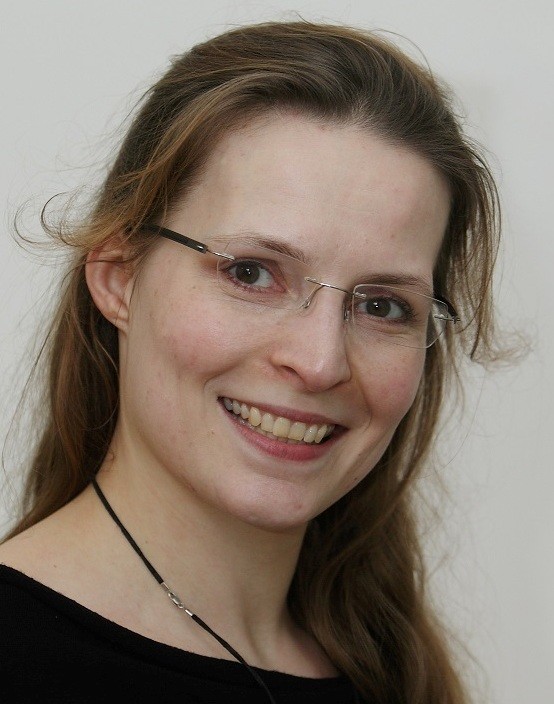 |
 |
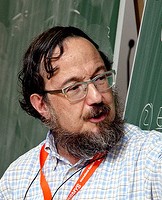 |
 |
Don Zagier is an American mathematician whose main area of work is
Number Theory. In 1976, aged only 24, he became Germany's youngest
professor. Among other things, he is known for discovering a short
elementary proof of Fermat's theorem on sum of two squares: it
consists of a single sentence. He is currently one of the directors
of the Max Planck Institute for Mathematics in Bonn, Germany, and
also holds a joint position with the ICTP Trieste, Italy. |
 |
|
Günter M. Ziegler is a professor at the Freie Universität, Berlin.
His interests are in connection of Discrete and Computational
Geometry (especially polytopes), algebraic and topological methods
in Combinatorics, Discrete Mathematics and the theory of Linear and
Integer Programming. He received numerous prizes, among them the
2001 Leibniz Prize for his research and the Communicator Award in
2008, when he was a co-organizer of the "Year of Mathematics" in
Germany. His writing includes Proofs from THE BOOK, which
has been published in 14 different languages by now. |
 |
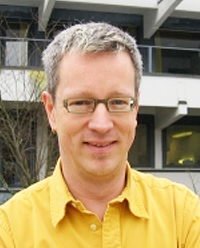 |
 |
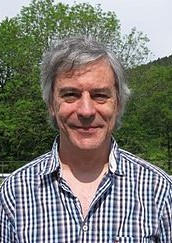 |
 |
Anton Zorich is a professor at the Institut de Mathématiques de
Jussieu - Paris Rive Gauche. He has been a guest professor at IHES
and the Max Planck Institute for Mathematics in Bonn. Zorich made a
deep contribution to the theory of closed geodesics on flat
surfaces - the topic important for studing various dynamical
system, including celestial mechanics. In 2006, he was an invited
speaker at the International Congress of Mathematicians, where he
presented his results about geodesics on flat surfaces. Anton
Zorich's range of interests include dynamical systems, geometric
and algebraic topology, combinatorics. |
 |
 |
|
|







